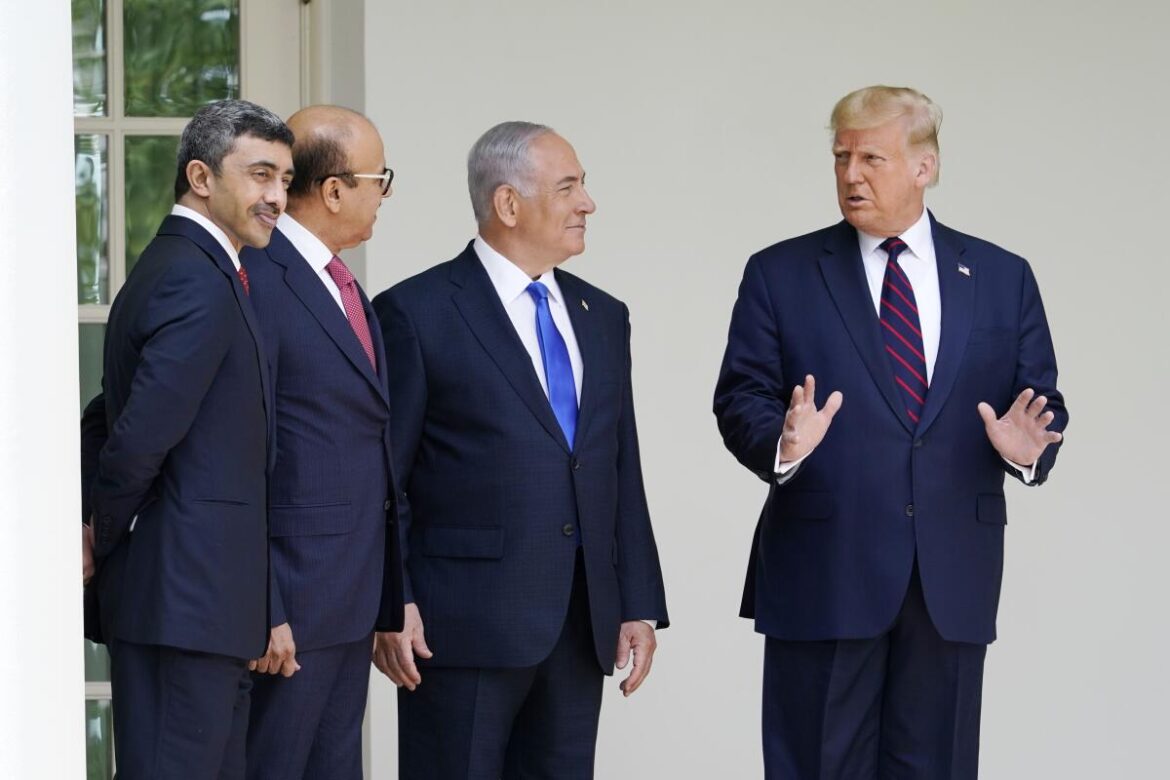By Desmond Nleya
United States President Donald Trump has ruled out Israel’s annexation of the occupied West Bank, a stance that could have major repercussions for Israeli Prime Minister Benjamin Netanyahu and his ultranationalist government.
Speaking to reporters on Thursday, ahead of Netanyahu’s arrival in New York for the United Nations General Assembly, Trump made his position clear.
“ I will not allow Israel to annex the West Bank. Nope. I will not allow. It’s not gonna happen,” Trump said.
Pressed on whether he had discussed the matter directly with Netanyahu, Trump remained evasive. “Yeah, but I’m not gonna allow it. Whether I spoke to him or not, I’m not allowing Israel to annex the West Bank. There’s been enough. It’s time to stop now, OK?”
Trump offered no specifics on how he would block annexation attempts, prompting skepticism from analysts about whether he would remain firm. Mouin Rabbani, a fellow at the Center for Conflict and Humanitarian Studies in Qatar, called the move “positive” but warned, “One attaches value to Trump’s words at their own peril.”
The remarks set up a potential collision course between Washington and Netanyahu’s coalition, where annexation of the West Bank and Gaza has become a formal political goal. In July, the Israeli Knesset passed a non-binding motion, 71–13, in favor of annexation.
The proposal was spearheaded by Finance Minister Bezalel Smotrich, a far-right settler leader who oversees illegal settlements in the occupied West Bank under the Ministry of Defence. Smotrich has vowed to expand settlements aggressively and warned that recognition of a Palestinian state by foreign governments will be met with action “on the ground.”
Israeli settlement expansion, ongoing since 1967, has carved deep into Palestinian territory. The International Court of Justice ruled in July 2024 that the settlements are illegal and must be dismantled, with the land returned to Palestinians.
Israel remains heavily reliant on U.S. financial, military, and intelligence backing for its campaigns in Gaza, the West Bank, and beyond. Any reversal in U.S. policy could spark a political crisis in Israel, particularly among the far-right factions sustaining Netanyahu’s government.
Addressing Gaza briefly, Trump described the situation as “really bad, very bad,” and hinted at possible peace talks without offering details. He said “very, really good talks” had been held with Arab leaders, including those from Saudi Arabia, Qatar, the UAE, Egypt, Jordan, Turkiye, Indonesia, and Pakistan, during the UN General Assembly.


